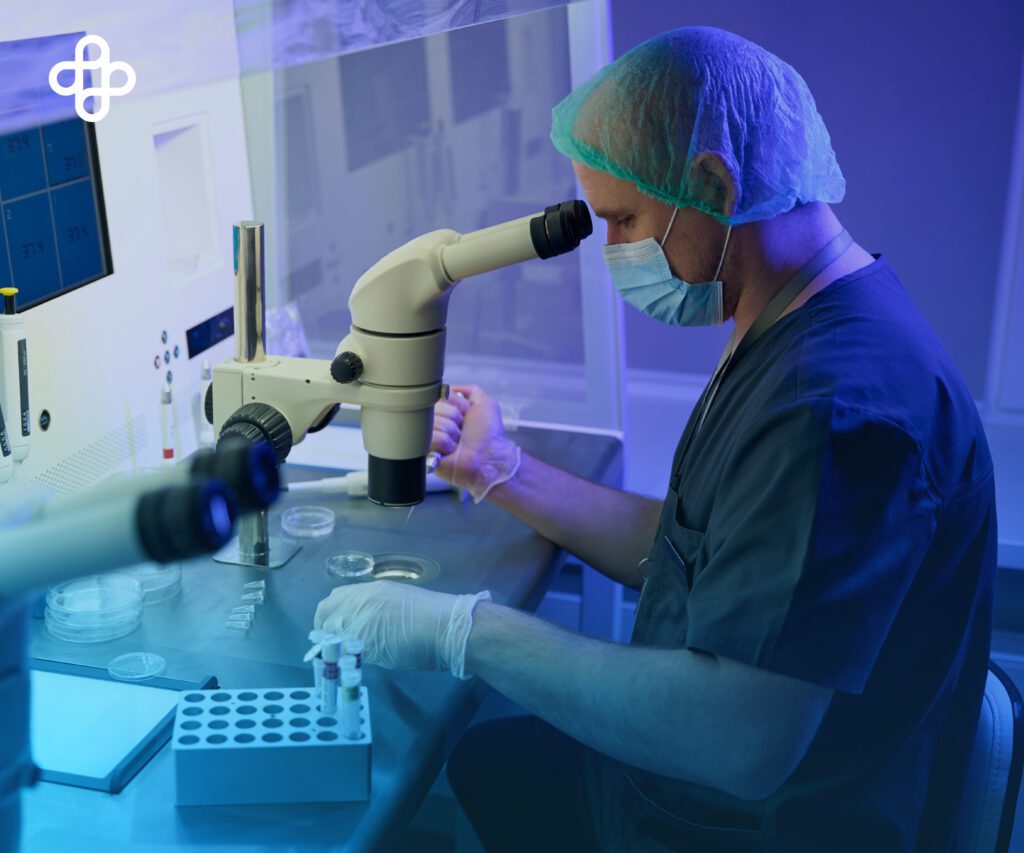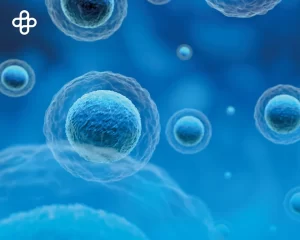Imagine that inside your body, there are tiny messengers traveling throughout your system, delivering important information to cells. These messengers are known as cell-derived microvesicles, and although they are minuscule, they play a crucial role in our health and well-being. In this article, we will explore what cell-derived microvesicles are, how they function, and why they are so vital to our bodies.
What Are Cell-Derived Microvesicles?
Cell-derived microvesicles are small bubbles or sacs released by cells in the body. These tiny structures are surrounded by a lipid membrane and contain a variety of molecules, including proteins, lipids, and RNA. Cells produce and release them as a means of communicating with other cells and tissues in the body. It’s as if they were secret messengers carrying vital information throughout our system.
How Do They Work?
The primary function of cell-derived microvesicles is intercellular communication. When a cell needs to send a message or share information with other cells, it releases microvesicles into the extracellular space surrounding it. These microvesicles then travel to other cells and deliver their contents. It’s like they are packages filled with crucial information.
The information contained within microvesicles can vary widely. They can carry proteins that regulate cellular processes, RNA that instructs other cells, or lipids that affect cellular function. This communication is essential for coordinating cellular activities and maintaining homeostasis in the body.
Are you ready to take the step towards regenerative medicine or stem cell treatment in Mexico? Contact us today for more information and to schedule your consultation!
Importance in Health
Cell-derived microvesicles play a fundamental role in numerous aspects of our health. Some of the most prominent roles include:
1. Immune System Regulation
Microvesicles help regulate the immune system, ensuring that it responds appropriately to threats without becoming hyperactive or inadequate.
2. Tissue Repair
When injury or damage occurs in a tissue, microvesicles can carry information that stimulates cellular repair and regeneration.
3. Brain Communication
In the brain, microvesicles play a crucial role in communication between nerve cells, which is essential for brain function.
4. Transfer of Genetic Information
Microvesicles can transport genetic material, including RNA, that can influence the function of recipient cells.
5. Disease Response
In various diseases, such as cancer, microvesicles may have a significant role in disease spread or the immune system’s response to the disease.

Research and Future Applications
The study of cell-derived microvesicles is a growing field within biology and medicine. Researchers are investigating the applications of microvesicles in regenerative therapy, especially in tissue and organ repair.
1. Regenerative Therapy
Researchers are investigating the applications of microvesicles in regenerative therapy, especially in tissue and organ repair.
2. Disease Diagnosis
Microvesicles can carry information about a person’s health status. This could lead to more accurate diagnostic tests in the future.
3. Personalized Treatments
The ability to use microvesicles to deliver specific messages to particular cells or tissues could lead to more personalized medical treatments.
4. Advances in Cancer Research
Researchers are also investigating microvesicles in cancer research because they may play a role in the spread of cancer cells or the immune system’s response to cancer.

Conclusion – Cell-Derived Microvesicles: Tiny Messengers
Although cell-derived microvesicles are small and often go unnoticed, their role in cellular communication and the regulation of biological processes is of vital importance to our health. These tiny structures act as secret messengers, delivering essential information within our bodies, ensuring that our cells function in harmony and respond appropriately to challenges and threats. As research advances, we are likely to discover even more about the potential of microvesicles in diagnosing and treating diseases, as well as in regenerative therapy and personalized medicine. These small messengers can have a surprisingly significant impact on our health and well-being.
Are you ready to take the step towards regenerative medicine or stem cell treatment in Mexico? Contact us today for more information and to schedule your consultation!





